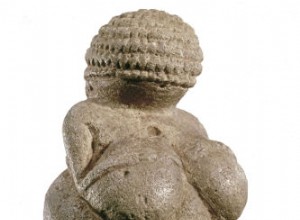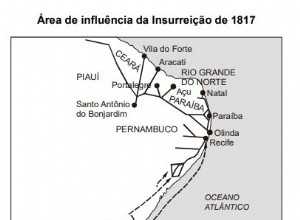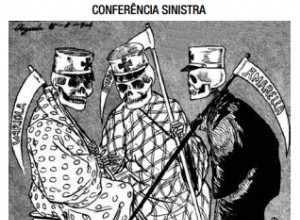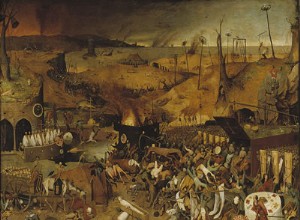question 1 See the image of one of the most famous prehistoric sculptures, the “Venus of Willendorf”. Venus of Willendorf About this sculpture, it is correct to say that: a) was found in the archaeological site of Serra da Capivara, in the south of Piauí. b) was discovered in 1990 by an archae




